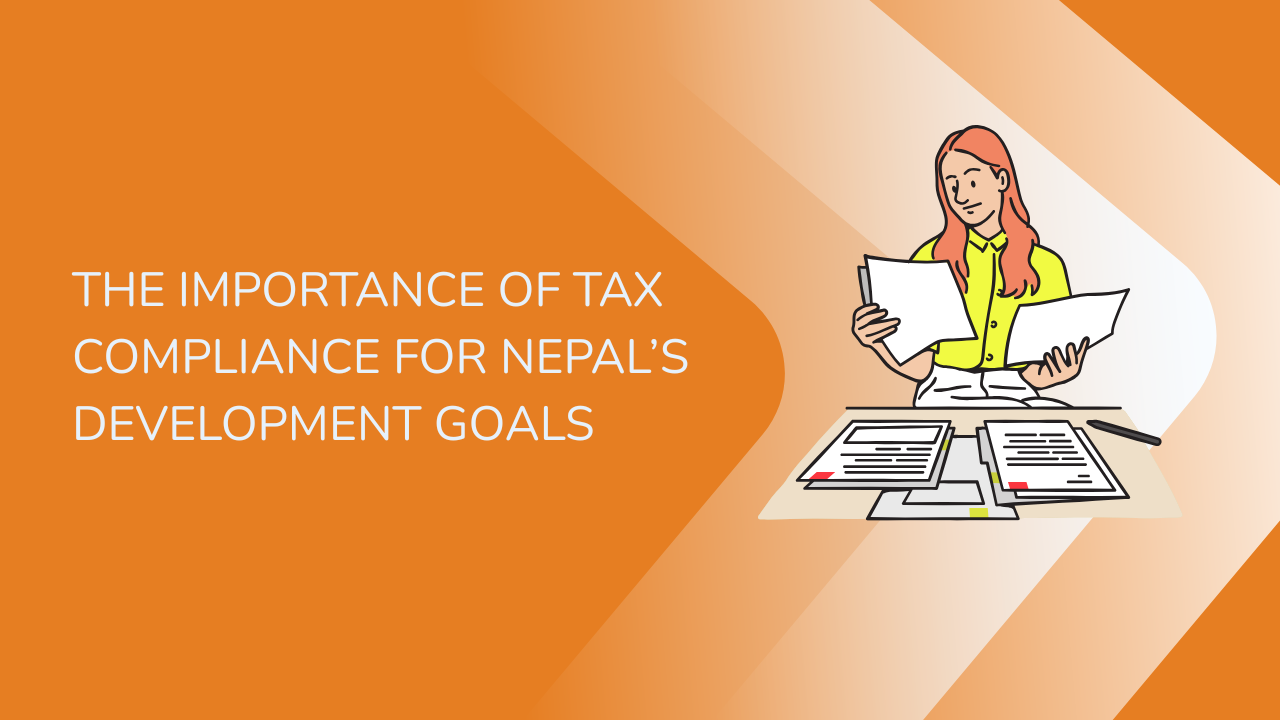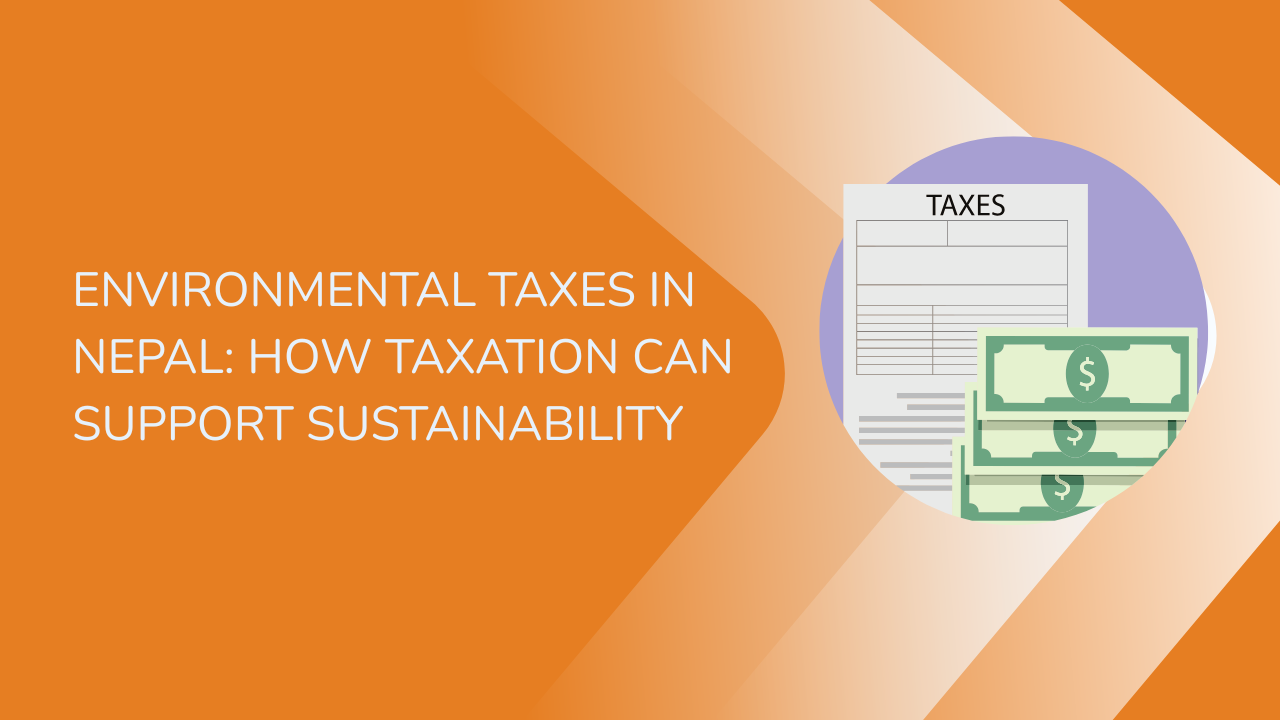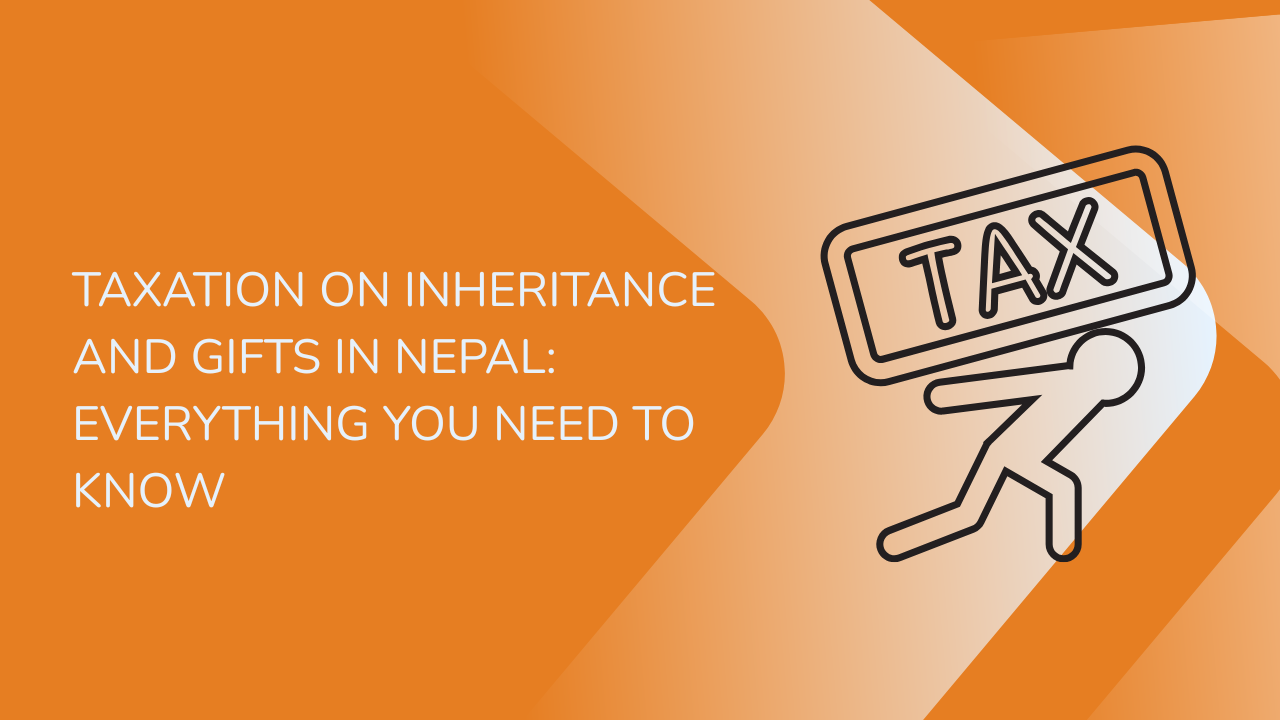Share this Article
In Nepal, taxes play a crucial role in funding public services and maintaining the country’s economy. Like all countries, Nepal expects its citizens and businesses to comply with tax obligations. However, not everyone is fully aware of the procedures that follow if one makes a mistake or fails to comply with the tax laws. For taxpayers, encountering tax penalties or disputes can be a stressful experience. Understanding how to navigate the penalties and the dispute resolution process is essential for minimizing the financial burden and legal challenges.
This guide outlines how to manage tax penalties and disputes in Nepal effectively. It provides a detailed explanation of the types of penalties imposed by the Inland Revenue Department (IRD), methods to avoid penalties, and a step-by-step approach to resolving tax-related issues. With the right knowledge, taxpayers can reduce the risk of penalties and ensure that they are following the correct procedures in case of a tax dispute.
1. Understanding Tax Penalties in Nepal
Before diving into how to handle tax penalties, it is crucial to understand the types of penalties that exist within the Nepalese tax system. Tax penalties are imposed when an individual or business fails to comply with the requirements set forth by the IRD. The penalties could arise due to late submissions, incorrect reporting, or intentional evasion of taxes. These penalties are not only financial; they could also lead to serious legal consequences in some cases.
Common Tax Penalties in Nepal
There are several situations in which a taxpayer might incur penalties in Nepal. Below are the most common types of penalties:
- Late Filing Penalties One of the most common reasons for tax penalties is the failure to file tax returns on time. The IRD requires taxpayers to submit their tax returns by specific deadlines. Failing to meet these deadlines results in a penalty. In Nepal, the penalty for late filing of tax returns may involve a fixed fine or an additional percentage of the taxes owed, depending on how delayed the submission is.
- Underreporting or Misreporting of Income Incorrectly reporting income is another common reason for tax penalties. Whether it is due to negligence, lack of proper documentation, or intentional misrepresentation, if the IRD detects that a taxpayer has underreported their income, a penalty will be imposed. This could include a significant fine, especially if the discrepancy is large or suspected to be deliberate.
- Failure to Pay Taxes on Time Another significant issue that taxpayers in Nepal may face is the failure to pay taxes on time. If taxes are due and not paid by the deadline, the IRD will impose a penalty on the outstanding tax amount. The penalty is typically calculated based on a daily interest rate or a percentage of the unpaid tax, depending on how late the payment is.
- Tax Evasion Tax evasion occurs when an individual or a business deliberately avoids paying the taxes they owe. This could include actions such as hiding income, submitting false tax documents, or claiming deductions that do not apply. In Nepal, tax evasion is taken very seriously and could result in both hefty fines and criminal charges, including the possibility of imprisonment.
- Non-Compliance with VAT and Other Taxes For businesses, failing to comply with Value Added Tax (VAT) and other indirect taxes can result in substantial penalties. Businesses are required to register for VAT, file VAT returns regularly, and remit the collected VAT to the IRD. Non-compliance with any of these requirements can result in fines, interest on unpaid VAT, and other penalties.
How Are Penalties Calculated?
In Nepal, penalties are generally calculated as a percentage of the tax owed. This means the amount of penalty increases with the amount of unpaid tax and the duration of the delay. For example, late filing penalties may range from a fixed sum to a percentage of the taxes owed. Similarly, penalties for underreporting income may be calculated as a percentage of the unpaid taxes or a flat fine.
For late payments, taxpayers may be subject to daily interest charges on the outstanding tax amount. These penalties are designed to incentivize timely compliance with tax regulations and ensure that the government collects the taxes necessary for its operations.
2. Steps to Prevent Tax Penalties
Preventing tax penalties is the best way to avoid the complications that come with them. Understanding the tax obligations and taking the necessary steps to comply can save taxpayers from unnecessary fines. Here are some practical ways to prevent tax penalties:
1. File Your Tax Returns on Time
One of the easiest ways to avoid tax penalties is to file your tax returns within the designated time frame. Whether you are filing income tax returns as an individual or VAT returns as a business, meeting deadlines is crucial. Filing your taxes on time prevents the imposition of late filing penalties, and you avoid any unnecessary interest charges that accrue on unpaid tax amounts.
2. Keep Accurate Records
Accurate financial records are essential for tax compliance. As a taxpayer, you must maintain comprehensive records of your income, expenses, and tax payments. This is particularly important for businesses that need to track VAT and corporate taxes. Having proper documentation ensures that your tax returns are filed correctly and that you can easily verify the details if a tax audit takes place.
3. Pay Your Taxes Promptly
Another key to avoiding penalties is paying your taxes on time. If you owe taxes, make sure you are aware of the payment deadlines and ensure that you have enough funds to make the payment. Late tax payments incur penalties, so it is wise to avoid these charges by being proactive. If you are unable to make the full payment by the due date, consider seeking a payment plan with the IRD to avoid the accumulation of penalties and interest.
4. Consult a Tax Professional
If you are unsure about any aspect of your tax obligations or filings, it is always best to consult a tax professional. A tax accountant or lawyer can help you navigate the complexities of tax laws, ensuring that you meet your obligations without making costly mistakes. Professional assistance can be especially valuable if your financial situation is complex or if you are running a business.
3. How to Handle Tax Disputes in Nepal
Tax disputes are a reality for many taxpayers, and understanding how to manage these disputes effectively is essential for minimizing the negative impact on your finances and reputation. A tax dispute arises when there is a disagreement between the taxpayer and the Inland Revenue Department regarding the tax assessment, the amount owed, or penalties imposed.
While tax disputes are unfortunate, they are not uncommon. The IRD may issue assessments that taxpayers disagree with, or taxpayers may have legitimate concerns about the taxes they owe. Here’s how you can handle tax disputes in Nepal:
1. Review the Notice of Assessment or Penalty
When you receive a notice of tax assessment or a penalty, the first thing you need to do is review it carefully. The notice should contain the details of the tax assessment or penalty, including the amount of tax due, the reason for the assessment, and the penalties imposed.
Check for any discrepancies in the assessment. Is the tax calculation correct? Were you given credit for any deductions or credits that you are entitled to? Make sure that the penalty calculation is accurate and fair. If you believe that the assessment is incorrect or unjust, you should prepare to dispute it.
2. Contact the IRD for Clarification
If you find any errors or if you are unsure about the assessment, the next step is to contact the Inland Revenue Department. You can visit their office in person or call their customer service department for clarification. When contacting the IRD, make sure you have all the necessary documentation on hand to support your claim.
The IRD may be able to provide clarification and rectify any errors in the assessment. If the issue is a simple mistake, they may correct it and remove the penalties. If the error is due to incorrect information provided by you, the IRD might still be open to negotiating a lower penalty.
3. File an Appeal
If after contacting the IRD, you are still not satisfied with the resolution, you can file an appeal with the Tax Appeal Tribunal. The appeal process allows taxpayers to formally contest the IRD's decisions. Here’s how you can file an appeal:
- Submit a Written Appeal: Write a formal appeal letter detailing why you believe the tax assessment or penalty should be overturned. Provide evidence to support your case, such as financial records, previous tax filings, or communication with the IRD.
- File the Appeal on Time: There are specific time frames within which an appeal must be filed (typically within 30 days of receiving the assessment). Failing to file an appeal within this period may limit your ability to challenge the decision.
- Prepare Your Evidence: The more evidence you can provide, the stronger your case will be. Gather all documents that support your position, such as tax returns, bank statements, receipts, and any relevant contracts or agreements.
4. Engage a Tax Professional or Lawyer
If the dispute is complex or if you are unsure about the appeal process, consider seeking help from a tax professional or a lawyer who specializes in tax law. A tax professional can assist you in preparing the appeal, ensuring that you present your case in the best possible light.
Engaging a tax lawyer is particularly important if the dispute involves significant amounts of money or if there is a risk of legal action being taken against you.
5. Attend the Appeal Hearing
Once your appeal has been filed, you will be notified of the hearing date. The hearing is an opportunity for both you and the IRD to present your cases to the Tax Appeal Tribunal. During the hearing, you will have a chance to argue your side and submit additional evidence. The IRD will also present their arguments for why they believe the tax assessment or penalty is correct.
It is important to be well-prepared for the hearing. Practice presenting your case clearly and confidently, and make sure you have all necessary documentation available.
6. Await the Tribunal’s Decision
After the hearing, the Tax Appeal Tribunal will make a decision. If the Tribunal rules in your favor, the tax assessment or penalty may be overturned, and you may not be required to pay the disputed amount. If the decision is unfavorable, you may still have the option of challenging the Tribunal’s ruling in a higher court.
4. Preventing Future Tax Penalties and Disputes
While it’s important to know how to handle tax penalties and disputes, it’s even more essential to take steps to prevent such issues from occurring in the first place. Here are some tips for preventing future tax problems:
- Stay Informed: Tax laws in Nepal may change, and it’s crucial to stay updated on any changes that may affect your obligations. Regularly check the IRD’s website or consult with a tax professional to ensure you are complying with the latest regulations.
- Accurate Record-Keeping: Maintain comprehensive and accurate financial records, including receipts, invoices, tax filings, and any communication with the IRD. Good record-keeping will help you avoid errors in your tax returns and simplify the audit or dispute resolution process.
- Pay Taxes Early: To avoid penalties, it is better to file and pay your taxes as early as possible. If you’re unsure about any aspect of your taxes, reach out to a tax professional for assistance well before the deadline.
- Seek Professional Guidance: If you’re unsure about your tax obligations, hiring a tax consultant or lawyer can save you from potential mistakes that could lead to penalties or disputes.
5. Conclusion
Handling tax penalties and disputes in Nepal can seem daunting, but with the right knowledge and approach, taxpayers can manage these situations effectively. By understanding the types of penalties and how to avoid them, taxpayers can ensure compliance with tax laws. If a dispute arises, knowing the appeal process and seeking professional help can help taxpayers resolve the matter quickly and fairly.
By staying informed, filing taxes on time, maintaining accurate records, and consulting with experts, taxpayers in Nepal can minimize their risk of penalties and ensure that they are fully compliant with the country's tax regulations.
Categories:
Tax Information
Tags:
Ecommerce2025
,
ChooseRightPlatform







